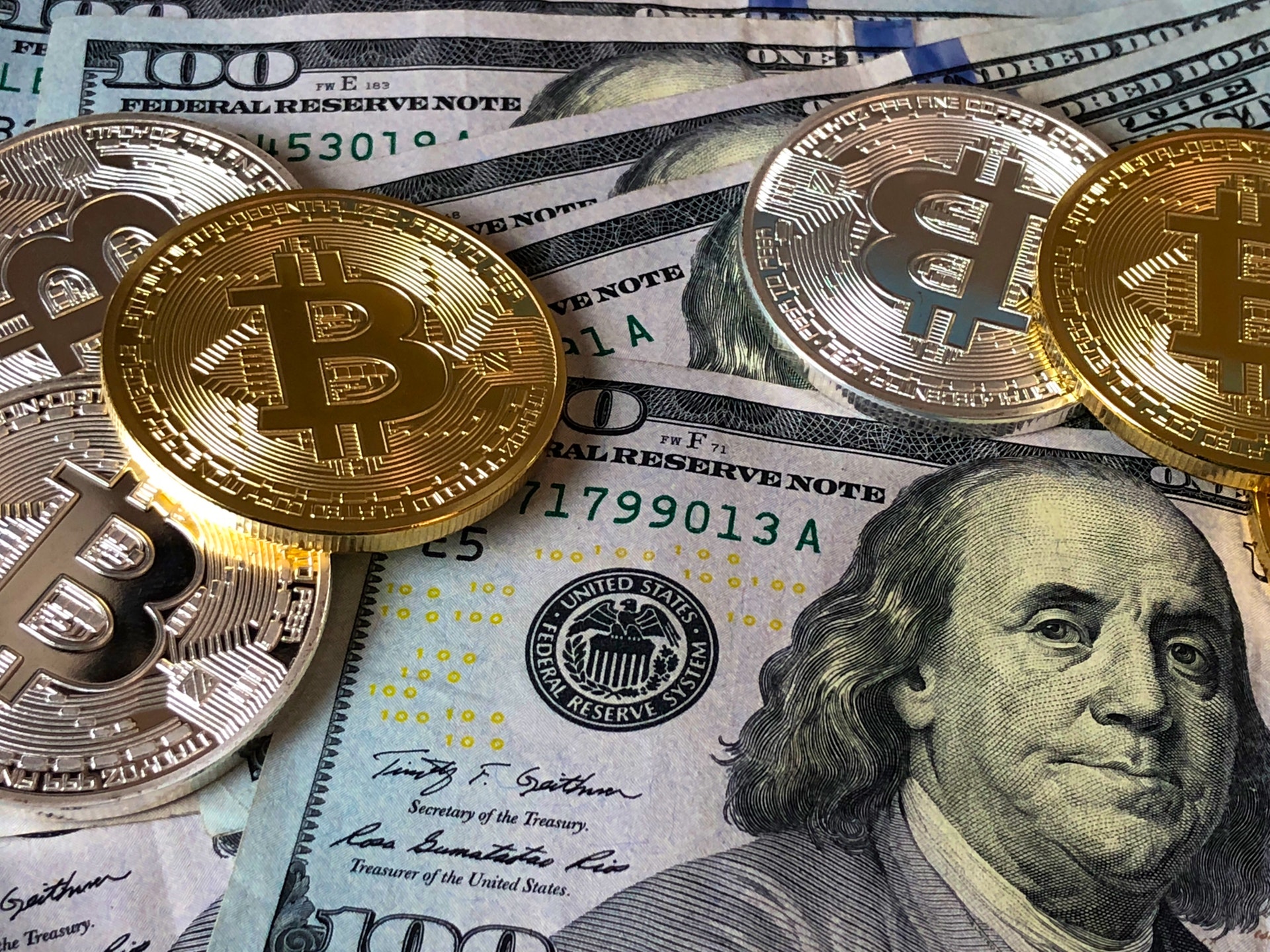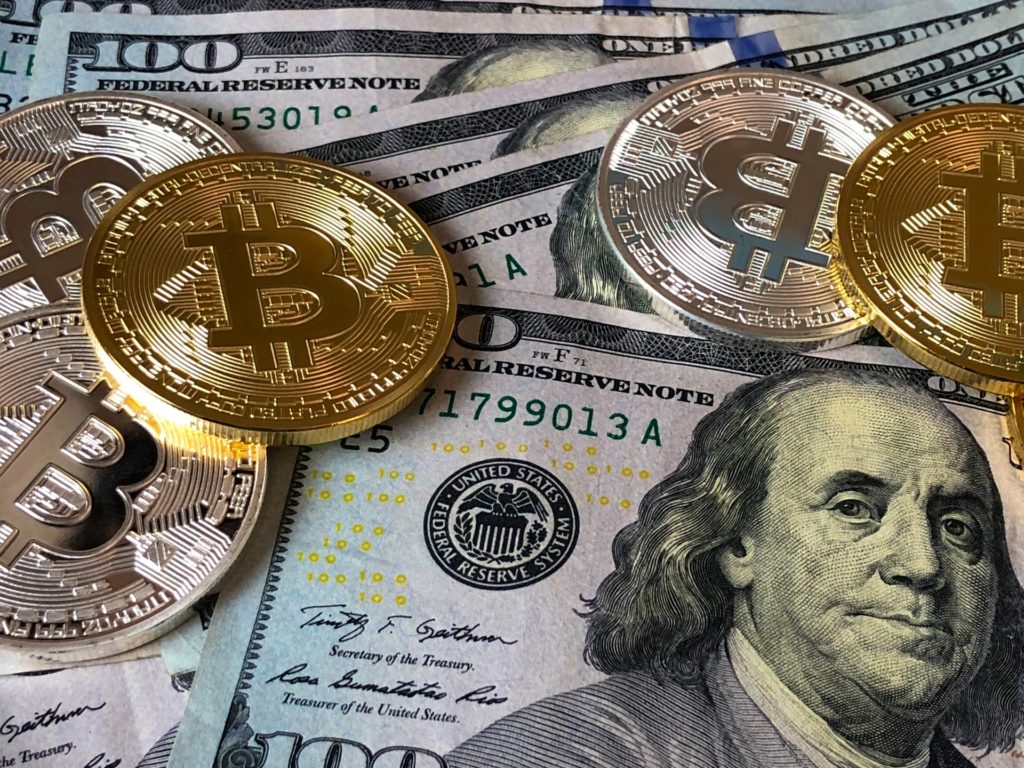
Trading in currency derivatives in India
How to start trading in currency derivatives in India?
When you begin to invest in the cross currency market, it is important to understand the terminologies, process and other aspects of the market.
1. What are currency derivatives?
Currency derivatives can be defined as exchanged based currency futures contract and currency options contracts. These derivatives allow you to trade against the currency movement. If we put it in simple words, you can use this contract to buy a foreign currency listed in the exchange at a future date on a price decided at the time of purchasing the contract. In India, you can hedge against four main currencies that are Dollar(USD), Euro, U.K. Pound, and Yen though exchange-traded currency derivatives contracts. These contracts are widely popular among the corporate that deal in imports and/or exports as they can hedge against their exposure to the listed currencies.
2. What is Forex Trading?
Foreign Exchange Market better known as the Forex market is a global decentralized market which is used for trading different currencies. The investors can buy, sell or exchange the currencies via this market.
3. What are the Uses of Currency Derivatives? Why use currency derivatives?
The following are the main uses of Currency Derivatives
a. Hedging: The currency derivatives help you in hedging potential losses while trading internationally by taking the right positions in the currency market. For example, if you are an exporter you can hedge your future receivables of the currency say dollars or vice versa in case of importers and protect yourself against currency risk. Similarly, the resident Indians can hedge their investments outside India in this market.
b. Speculation: It is possible for the investors to speculate the movement for a short period of time in the market by using Currency Futures. For example, if you believe that the export prices on a particular asset say oil, is going to increase which will impact India’s import bill, you will invest in USD-INR with speculation that the Indian Rupee will go down.
c. Arbitrage: Profit making in this market is possible by taking advantage of the exchange rates of the currency in different markets and exchanges.
d. Leverage: You only need to pay a percentage value better known as the margin amount and not the full value of the trade.
4. What are the terminologies widely used in currency trading?
To make sure you understand the process properly it is important to know about the most common terminology used in the currency trade.
• Exchange rate: It is the value of one currency defined in terms of the other currency. For example, the USD/INR exchange rate of 70.90 than one USD is worth 70.90 INR.
• Spot price: Spot price can be defined as the current market price of the currency. The settlement of the spot transactions generally takes place within two business days from the day of purchase of the contract.
• Futures price: It is the price at which the buyer and seller agree under contract to transact at the time of the settlement.
• Final settlement date: The final settlement date is the date on which the payment has to be made by the buyer.
• Expiry date: The date on which the contract expires between two parties after which trade will not be possible is known as the expiry date.
• Contract size: The contract size is the number of commodities which are deliverable under the contract.
• Basis: There are many meanings of basis in finance however the most common meaning for the basis is the difference between the expenses and the price of the contract which is used while calculating taxes.
• Cost of carry: The cost of carry can be defined as the effective cost applicable because of an investment position. These costs include the financial costs such as interest expenses on margin accounts, interest on loans on the purchase of security and interest costs on bonds.
• Initial margin: Initial margin can be defined as the percentage of the purchase price of securities which the buyer needs to pay to complete the transaction.
• Marking-to-market: Marking-to-market which is also known as mark-to-market or final settlement can be defined as the value of the assets at the end of each day in order to know the status of loss or profit for the parties involved in the future transactions.
5. How to trade in currency in India?
The currency trading in India can be done via BSE, NSE, and MSX-CX in India. It is easier to trade currencies via brokers or currency derivative platforms. Majority of the leading stockbrokers deal in currency trading services as well. The dollar-rupee contract size is USD 1000 however you can participate in trading by paying only 2-3% margin.
6. Which are some of the major currency derivative platform providers?
• Zerodha currency trading
• ICICI Direct
• Angel Broking Pvt Ltd
• BSE Ltd
• HDFC Securities Ltd
• Karvy Stock Broking Ltd
• Edelweiss Financial Services Pvt Ltd
• Motilal Oswal Securities Ltd
• Kotak Securities Ltd
• Sharekhan Ltd
• National Stock Exchange of India Ltd
One needs to open a trading account with any one of the platform providers to trade in currencies. A lot of these platforms provide currency trading app which comes in handy in trading.
7. Who can trade in Currency Futures markets in India?
If you an Indian resident or a company including financial institutes like banks, you can deal in the futures market. At the moment FIIs and NRIs are not allowed to take part in the currency futures market in India.
8. What is lot size in currency trading?
The lot is the number of currency units that you can trade in. In general, the standard size of the lot is 10,000 units of currency. However as such large purchase is not possible for all participants micro and nano lot sizes are also available in values of 100, 1000 and 10000 units.
9. How to trade world currency options?
If you are an individual and want to participate in currency trading you will need a demat account which can be opened via a broker by providing your KYC documents. On the other hand, if you are a corporate you will need permission from Reserve Bank of India to participate in currency trade.
10. Is currency trading legal in India?
It is legal to trade in currencies in India but you need to know the rules and regulations. You can only trade via Indian Exchanges like BSE, NSE, and MCX-SX. You can do currency trading in currency pairs such as USDINR, GBPINR, JPYINR, and EURINR. currency trading time in India is from 9 am till 5 pm.
11. How to choose currency pairs in forex trading? Which currency pairs are listed?
If you are an individual you should concentrate on choosing the currency pair which is most be most beneficiary for you. In case you are a corporate your concentration should be on the currency pair in which you deal with the foreign clients. There are four main currency pairs listed in the market that are USDINR, GBPINR, JPYINR, and EURINR.
12. Which are the Exchanges used?
MCX-SX (Multi Commodity Exchange), BSE (Bombay Stock Exchange) and NSE (National Stock Exchange) are the most common exchanges used in India. On an international level, COMEX is widely popular for currency exchange.
13. What are “short” and “long” positions?
If a trader sells currency speculating the decrease in the currency price it is known as short positions. On the other hand is the trader speculates the rise in the price of currency and buys it to make a profit, it is known as long positions.
NISM I Series – Currency Derivatives Question Bank







